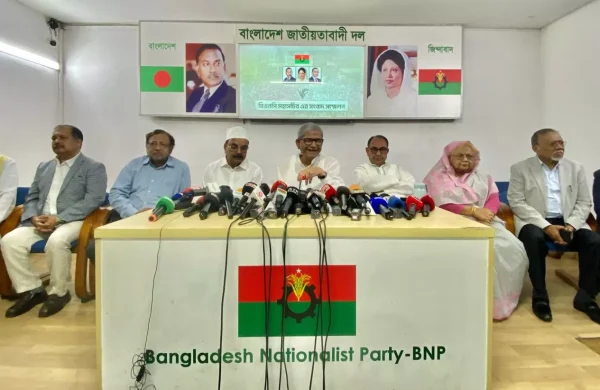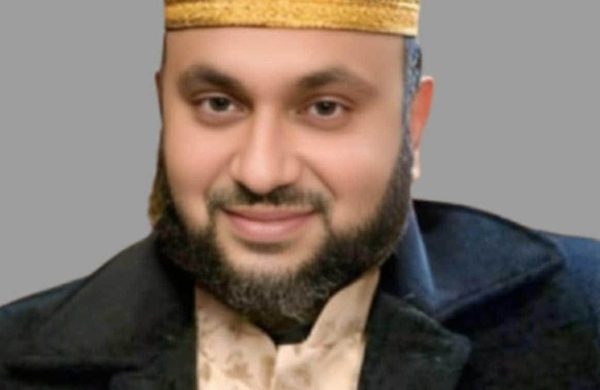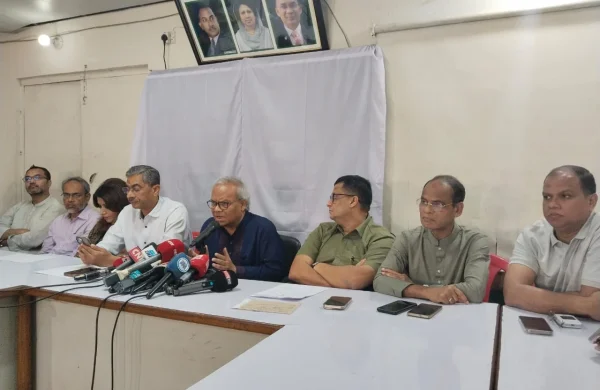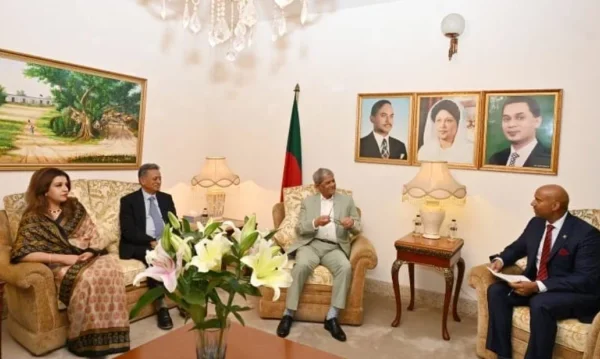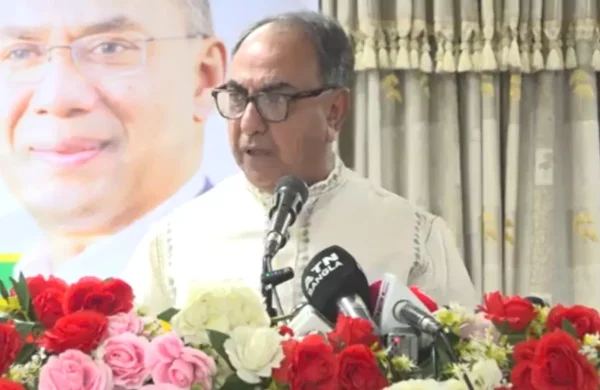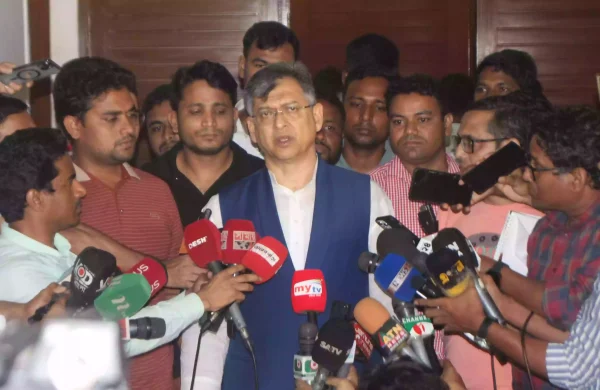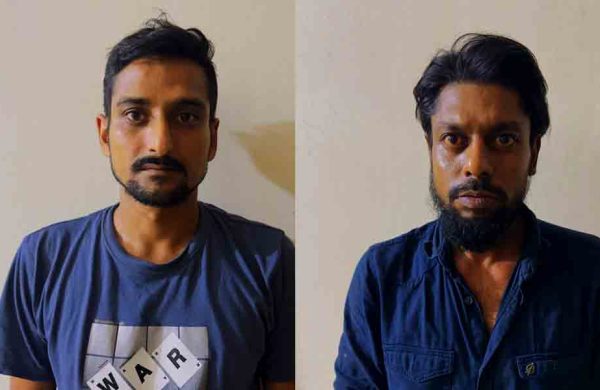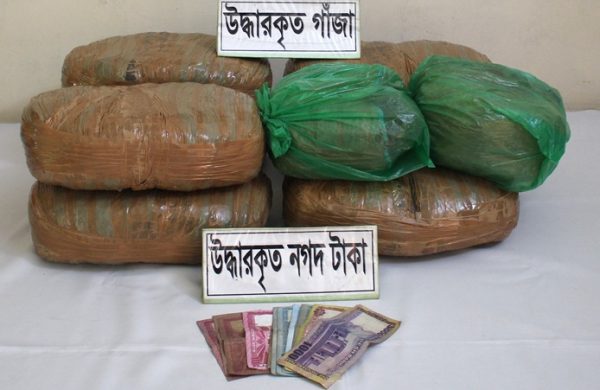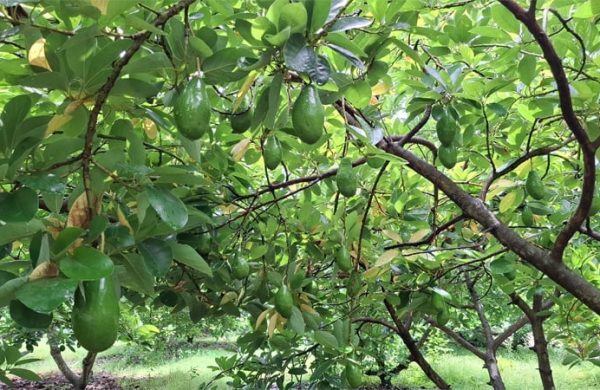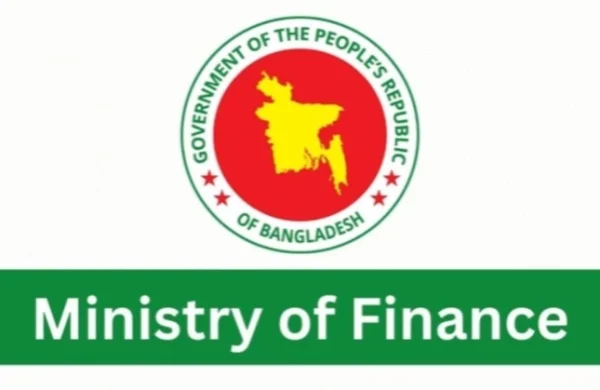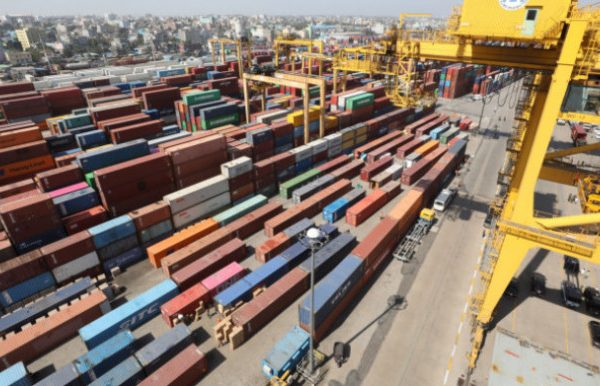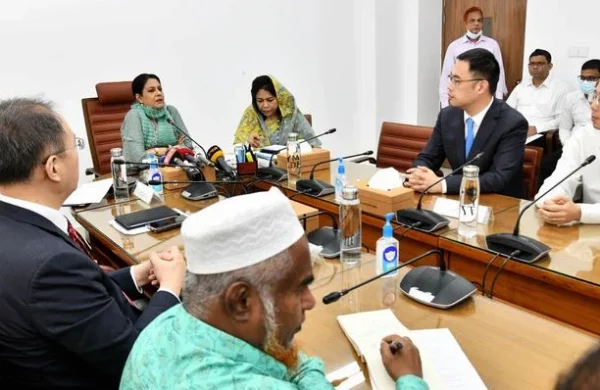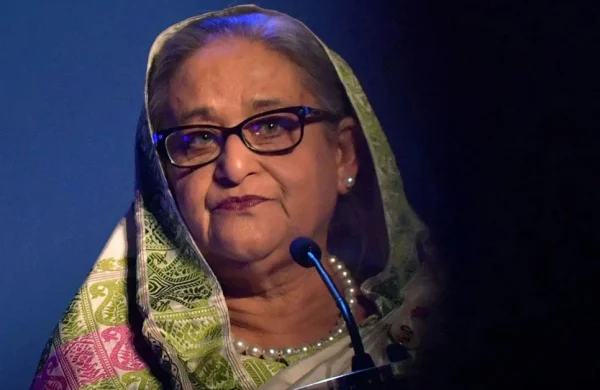Country is heading towards uncertainty: Amir Khasru
- Update Time : Monday, May 19, 2025
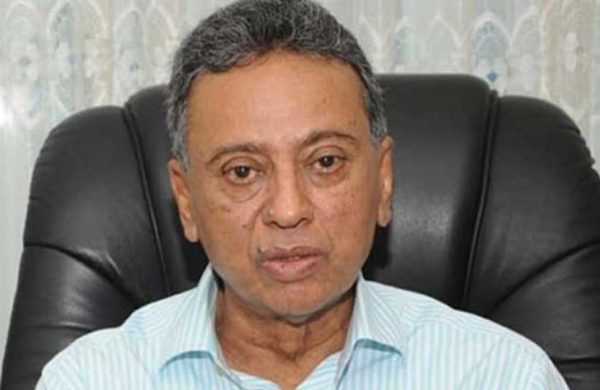
Staff Correspondent:
The current interim government is overlooking everything that is necessary for a democratic transition.
As a result, the country is heading towards uncertainty. In such a situation, whether it’s the budget or economic policies, nothing will work.
These remarks were made on Monday, by BNP standing committee member and former commerce minister Amir Khasru Mahmud Chowdhury at a dialogue titled “Policy Reforms and the Upcoming National Budget”, organised by the Citizen’s Platform at a hotel in Gulshan, Dhaka.
The event’s chief guest was Anisuzzaman Chowdhury, special assistant to the chief adviser. The keynote paper was presented by Debapriya Bhattacharya, distinguished fellow of the Centre for Policy Dialogue (CPD).
Amir Khasru Mahmud Chowdhury said, “It is the primary responsibility of this government to take the necessary steps to take Bangladesh towards democratic transformation. Right now, the people are asking, where we are headed, where Bangladesh will go in the coming days, how long will this government stay, when will the election be held, and what will happen to Bangladesh afterwards. We are not seeing anything assuring in this regard.”
He remarked that the budget is being drawn up on the basis of a questionable GDP (Gross Domestic Product). “What we are essentially seeing is a continuation of the budgetary practices of the previous fascist government. Nothing has been done differently. We need to ask to what extent the current economic and global contexts have been taken into consideration in formulating this budget,” he said.
Referring to the issue of the humanitarian corridor with Myanmar as sensitive, Amir Khasru Mahmud Chowdhury stated that it is a matter of political decision. He questioned how the interim government could make such a decision without any consultation with the stakeholders.
He said that for the past 14 to 15 years, people have made sacrifices to bring Bangladesh back to a democratic path through elections. They staged a movement last July too. “And yet the interim government is doing everything except holding elections,” he added.
Amir Khasru Mahmud Chowdhury pointed out that trade and commerce in Bangladesh were under excessive control. “Compared to other countries, Bangladesh is far more regulated. In the past, we have seen embezzlement in the guise of regulation. The more control you impose, the more looting takes place. We need to break free from this,” he said.
He also shared his vision of what Bangladesh’s future economic model should be: “The economic model for the future should be: ‘We are open for business.’”
He said, “We must be tolerant. Even if we disagree with others, we must respect their paths. Without bringing about political change alongside economic reforms, we will not be able to move forward. We must break free from confrontational politics.”


